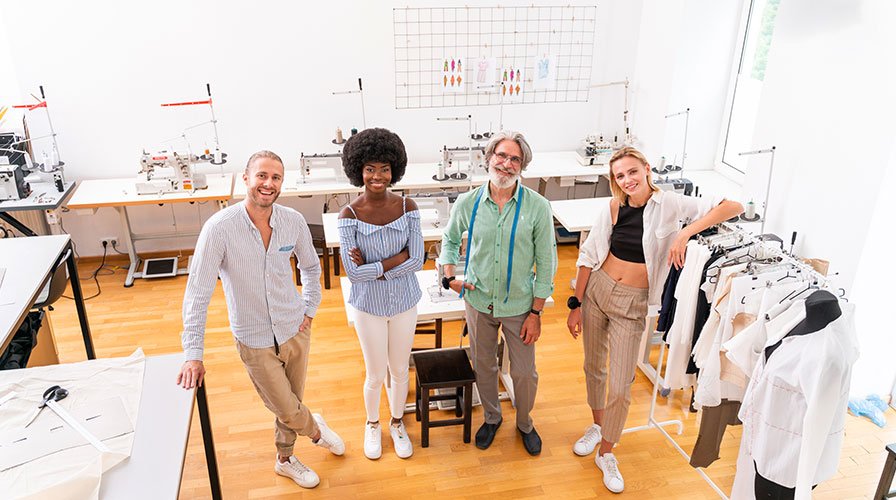As the global fashion industry evolves, the spotlight shifts from traditional powerhouses like Paris and Milan to vibrant new hubs worldwide. Cities such as Seoul, Lagos, and São Paulo are emerging as influential centers in the fashion world, each bringing a unique blend of local culture, innovative design, and youthful energy to redefine global fashion trends. This blog explores these growing fashion capitals, showcasing how local designers set the stage for a new era in fashion.
Seoul's Innovative Street Style
Seoul, South Korea, has rapidly become a fashion capital famed for its innovative street style, which blends traditional Korean motifs with cutting-edge, futuristic fashion. This unique style is heavily influenced by the city's dynamic youth culture and the global popularity of K-pop, which both reflect and set trends. Seoul's fashion scene is characterized by its daring approach to color and silhouette, where oversized garments and bold patterns dominate the streets. Designers like Minju Kim, whose collections are a regular feature at Seoul Fashion Week, embody this trend with garments that combine whimsical shapes with traditional elements.
Lagos and African Luxury
Lagos, Nigeria, is making a significant mark on the luxury fashion scene, challenging the norms and putting African luxury on the world map. Nigerian designers are gaining recognition for their craftsmanship and ability to infuse traditional African aesthetics with contemporary luxury fashion. Brands like Maki Oh and Lisa Folawiyo have received international acclaim for their innovative use of indigenous textiles and artisanal techniques, creating pieces that appeal to a global audience. Lagos's fashion influence is further solidified by events like Lagos Fashion Week, which showcases the richness of African fashion to an international audience.
Brazil's Colorful Fashion Scene
São Paulo, Brazil, stands out for its vibrant styles and a commitment to sustainable practices within the fashion industry. Brazilian designers are known for their exuberant use of color and patterns, drawing inspiration from the country's diverse cultural heritage and lush landscapes. São Paulo Fashion Week often features eco-friendly fashion, highlighting brands like Osklen, which is at Brazil's forefront of sustainable fashion. These designers are not just creating fashion; they are advocating for an ethical approach to fashion that resonates globally.
Spotlight on Local Designers
This section will profile several up-and-coming designers from each city who are redefining what fashion means in their culture and internationally. For instance, in Seoul, designers like Ji Won Choi explore Korean identity through contemporary fashion; in Lagos, Kenneth Ize reinterprets traditional West African fabrics for a global audience; and in São Paulo, Alexandre Herchcovitch uses Brazilian cultural motifs to create avant-garde collections.
Conclusion
The fashion world is witnessing a shift as new capitals emerge with fresh perspectives and innovative approaches. Seoul, Lagos, and São Paulo are not just following trends; they are creating them, each bringing their unique cultural influences and visionary designs to the global stage. These cities exemplify how fashion is becoming more inclusive and diversified, challenging traditional norms and showcasing a richer palette of creativity and innovation. As the fashion industry continues to evolve, it will undoubtedly be shaped by these new capitals, proving that style knows no boundaries and that every corner of the world has something spectacular to contribute to the runway.






